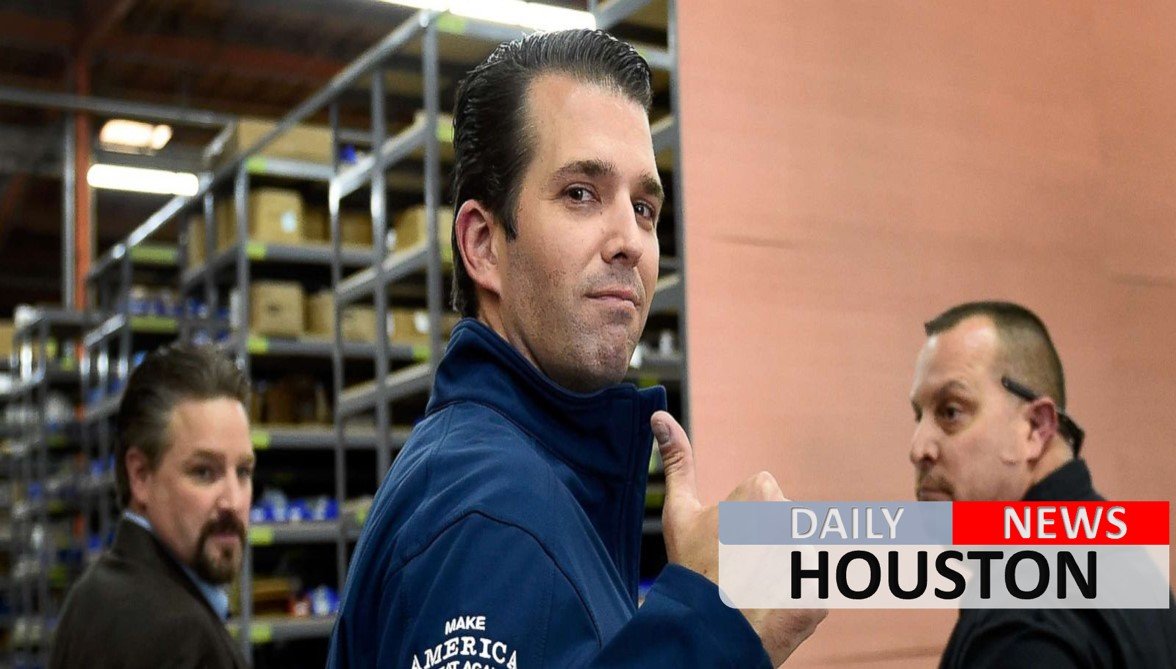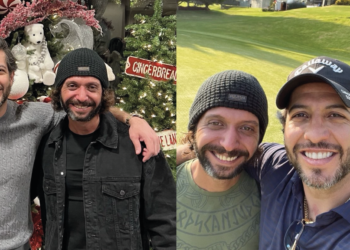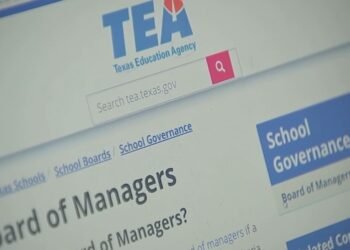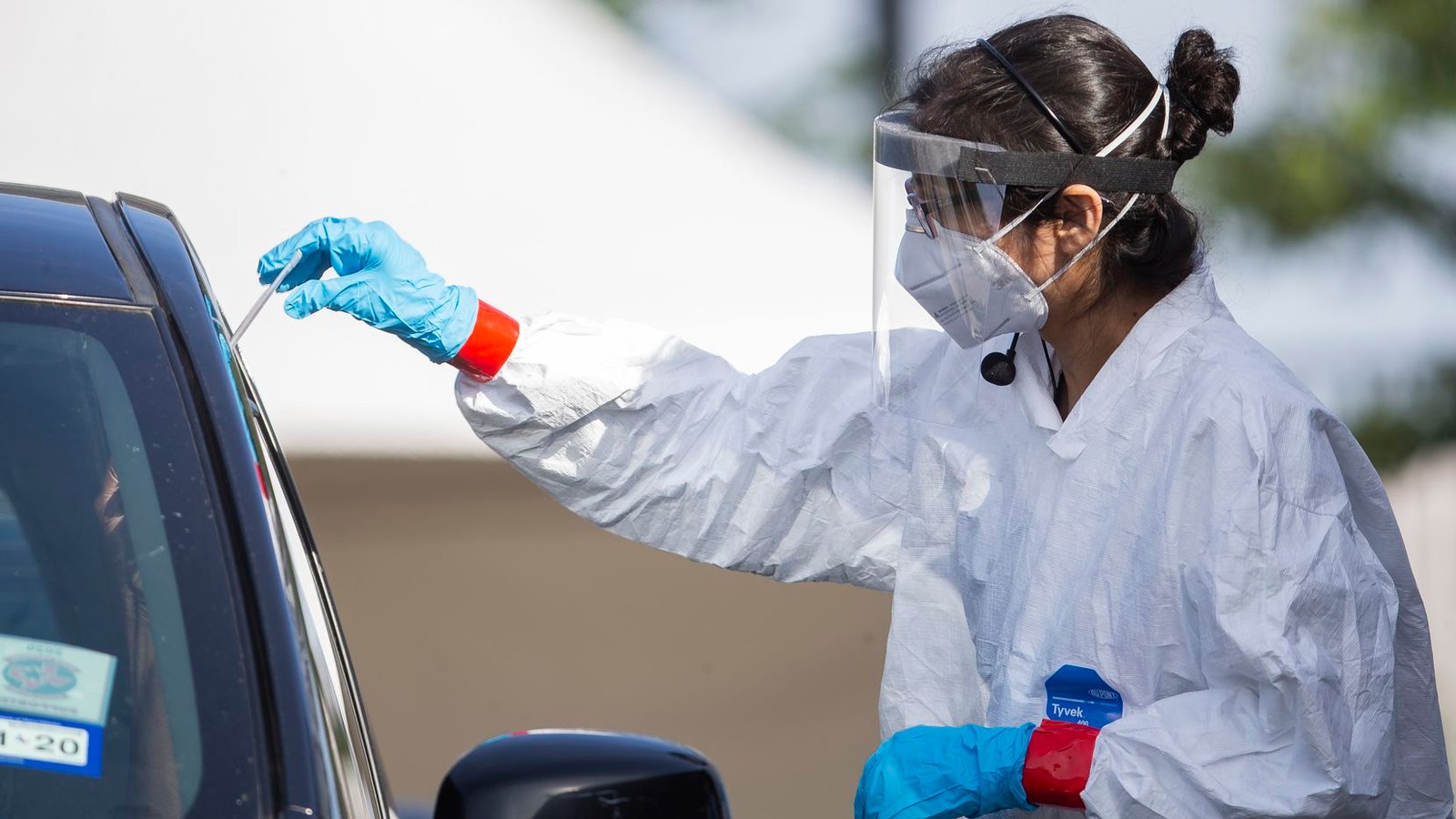After one of the president’s lawyers cited U.S. Secret Service inaction in his defense of Donald Trump Jr.’s meeting with a Russian attorney, whom the younger Trump believed to be in possession of incriminating information about Hillary Clinton, attention has turned to the agency’s duties in enforcing the law.
“I wonder why the Secret Service, if this was nefarious, why the Secret Service allowed these people in,” President Trump’s personal attorney Jay Sekulow said Sunday on ABC News’ “This Week” of the June 2016 meeting.
The law enforcement agency quickly responded to his question Sunday, saying in a statement, “Donald Trump Jr. was not under Secret Service protection in June 2016.”
“Thus we would not have screened anyone he was meeting with at that time,” the statement continued.
The agency is authorized to protect “major presidential and vice presidential candidates” plus their spouses, the latter within 120 days of the general election, according to Section 3056 of the U.S. Code of Laws, which outlines the “powers, authorities and duties” of the Secret Service.
The secretary of homeland security decides who qualifies as major candidates.
Children are protected if they are the offspring of a sitting president or vice president or of a former president until they reach age 16, though the secretary of homeland security may authorize additional security if he or she determines that “information or conditions warrant such protection.”
No provision is made for candidates’ immediate family members other than spouses before the election.
Even if Donald Trump Jr. had a Secret Service detail in June 2016, it’s unclear clear whether its duties would have included discovering the nature of a meeting, other than to ensure his safety. While agents are legally able to “make arrests without warrant for any offense against the United States,” they do not traditionally sit in on private meetings and would, therefore, not necessarily be aware of any possible malfeasance.
While Donald Trump Sr. had Secret Service protection during the presidential campaign, it would not have included vetting people who met with members of his campaign staff. The agency didn’t address whether it even knew about the meeting.
Donald Trump Jr. released emails last week concerning arrangements to meet with a Russian lawyer, Natalia Veselnitskaya, with the hope of receiving damning information about Clinton. The meeting came under additional scrutiny Friday with the revelation that additional people with connections to the Russian government attended the meeting, including a longtime lobbyist.
Sekulow’s comment about the Secret Service was met with criticism on Twitter on Sunday, including from Frances Townsend, a former homeland security adviser to President George W. Bush, and Richard W. Painter, Bush’s ethics lawyer.









